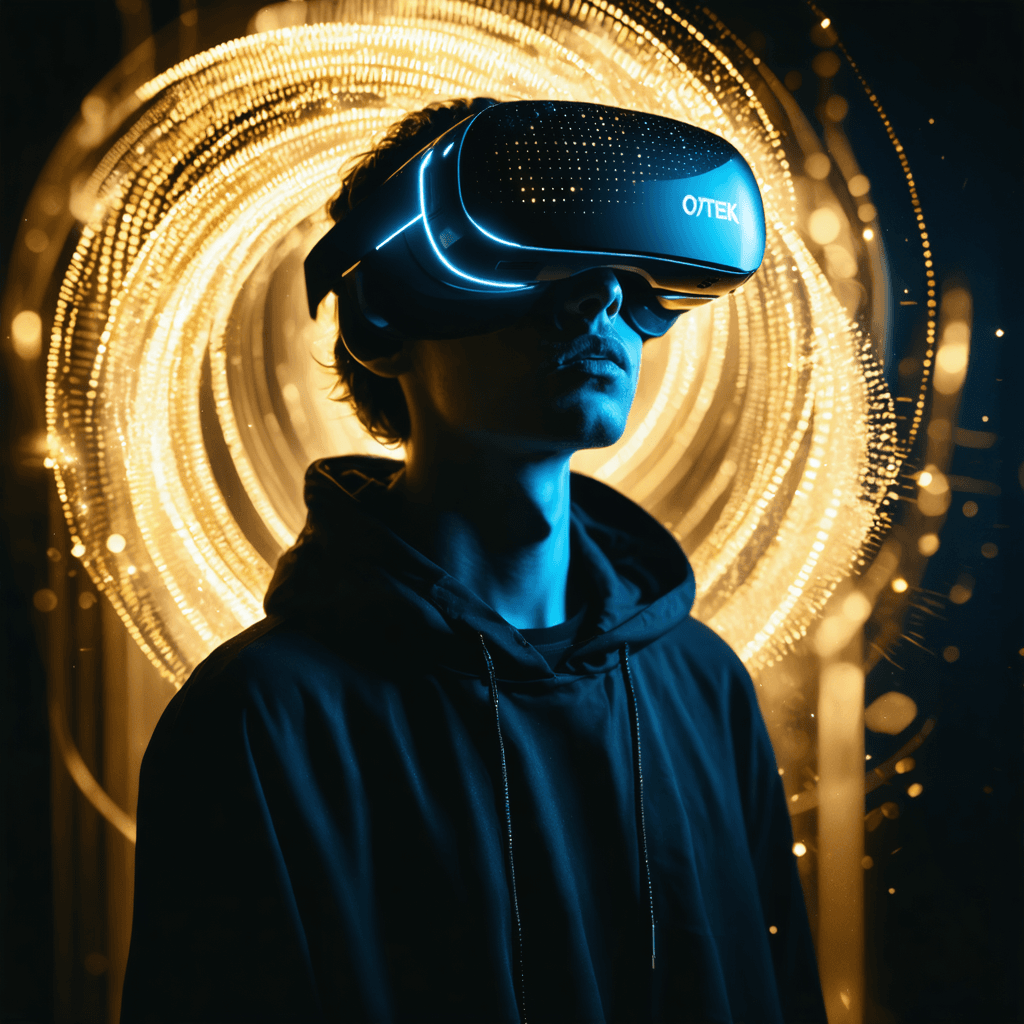Virtual Reality's Growing Pains: Navigating the $50B Experiential Learning Gold Rush in 2025
The virtual reality (VR) education and training landscape has undergone a remarkable transformation in 2025, evolving into a $50 billion industry that's reshaping how we learn and develop skills. This explosive growth, however, brings both unprecedented opportunities and significant challenges that institutions and organizations must navigate carefully.
The Current State of VR Learning
The experiential learning market has witnessed a staggering compound annual growth rate of 39.52% since 2019, driven by increasing demand for immersive education solutions. This dramatic expansion reflects a fundamental shift in how organizations approach training and education, with VR technology at the forefront of this revolution.

Key Growth Drivers
1. Enterprise Adoption
Organizations are increasingly recognizing VR's potential to deliver cost-effective, scalable training solutions. Major corporations have reported up to 40% reduction in training time while achieving higher retention rates compared to traditional methods.
2. Educational Institution Integration
Universities and schools are rapidly incorporating VR technologies into their curricula, particularly in fields such as:
- Medical education
- Engineering
- Architecture
- Scientific visualization
- Historical and cultural studies
3. Remote Learning Enhancement
The post-pandemic era has cemented virtual learning as a permanent fixture in education, with VR providing the much-needed immersive element that was missing from earlier remote learning solutions.
Current Challenges and Growing Pains
Hardware Limitations
Despite significant advances, VR hardware still faces several challenges:
- Battery life constraints
- Device comfort for extended use
- Resolution and field of view limitations
- Cost barriers for widespread adoption
Content Development Bottlenecks
The industry is experiencing a significant shortage of qualified VR content developers, leading to:
- Higher development costs
- Longer production timelines
- Quality inconsistencies across educational content
Integration Challenges
Many institutions struggle with:
- Technical infrastructure requirements
- Staff training and adaptation
- Content standardization
- Assessment methodology development
Emerging Solutions and Opportunities
AI-Powered Content Creation
Artificial intelligence is revolutionizing VR content development through:
- Automated content generation
- Real-time adaptation to learner needs
- Simplified development workflows
- Enhanced accessibility features
Standardization Initiatives
Industry leaders are working together to establish:
- Common content formats
- Interoperability standards
- Quality assessment frameworks
- Best practices for educational VR
Enhanced Analytics and Assessment
Modern VR learning platforms now offer:
- Detailed performance tracking
- Behavioral analysis
- Learning pattern recognition
- Personalized feedback systems
Future Outlook and Recommendations
For Educational Institutions
- Develop comprehensive VR integration strategies
- Invest in faculty training and development
- Create partnerships with content developers
- Establish clear ROI metrics
For Organizations
- Start with pilot programs in high-impact areas
- Focus on scalable solutions
- Prioritize user experience and comfort
- Implement robust feedback systems
For Content Developers
- Embrace AI-assisted development tools
- Focus on cross-platform compatibility
- Incorporate advanced analytics
- Prioritize educational effectiveness over visual complexity
Best Practices for Implementation
- Start Small: Begin with targeted pilot programs
- Focus on Outcomes: Establish clear learning objectives
- Measure Impact: Implement comprehensive assessment systems
- Gather Feedback: Maintain open communication with users
- Iterate and Improve: Continuously refine content and delivery methods
The Path Forward
As we navigate this $50 billion gold rush in experiential learning, success will depend on balancing innovation with practical implementation. The focus should remain on creating meaningful learning experiences that leverage VR's unique capabilities while addressing the current limitations and challenges.
Ready to explore the future of learning? Discover cutting-edge VR courses and resources at 01TEK. Our expert-curated content and industry-leading platform will help you stay ahead in this rapidly evolving landscape. Visit 01TEK's Learning Hub to start your immersive learning journey today.
Sources: 1. Science Direct VR Research 2. Springer VR Education Trends 3. Fortune Business Insights Report 4. Research.com Training Industry Trends 5. McKinsey Technology Outlook 2025
The only people who never fail are those who never try.
Ilka Chase



